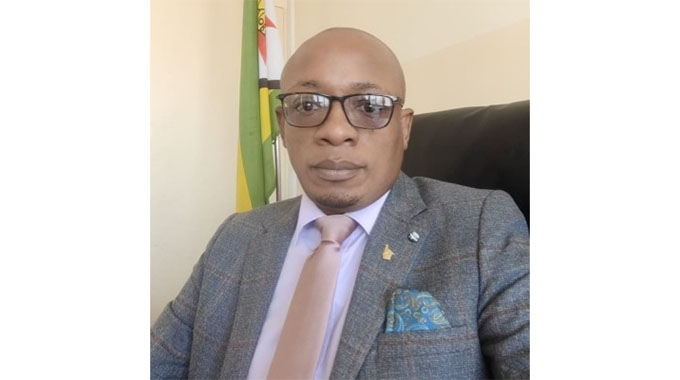Zim translocates five black rhinos to Botswana

Hebert Zharare Deputy News Editor
Five black rhinos were translocated to Botswana yesterday in fulfilment of an agreement signed between Zimbabwe and Botswana in May 2011 during a Joint Permanent Commission in Harare.
Under the agreement, Zimbabwe pledged to donate 20 black rhinos to Botswana to help the country build its population and all the beasts were provided by the Malilangwe Trust.
The five rhinos that left Zimbabwe yesterday were headed for Moremi Game Reserve, one of the biggest wildlife sanctuaries in Botswana.
The rhinos were airlifted to Botswana by a military plane from Buffalo Range Airport in Chiredzi in a meticulous process that was witnessed by Zimbabwe Revenue Authority, police, army, Government of Zimbabwe and Botswana embassy officials.
The remaining 15 rhinos will be translocated to Botswana in due course, in a move the Ministry of Environment, Water and Climate, said demonstrated Zimbabwe’s capability to implement world acclaimed conservation procedures.
Speaking to journalists last Thursday, Malilangwe Trust executive director Mr Mark Saunders, said they donated the beasts after they were approached by the Minister of Environment, Water and Climate Saviour Kasukuwere last year to contribute to the cause.
“Approval was given on condition that some ecologists from both Malilangwe Trust and Zimbabwe Parks and Wildlife Management Authority were satisfied that the habitat in Botswana was suitable and that the rhinos would be adequately protected post-release.
“The Zimbabwean delegation visited the proposed destination and all members were satisfied that the stipulated conditions would be adequately met,” said Mr Saunders.
In 1998, Malilangwe Trust bought 28 black rhinos from KwaZulu Natal in South Africa and since then, the population has increased rapidly owing to the Trust’s best conservation programmes.
It has reached a point where it is logical to move some of the animals to other arrears to reduce competition for food, space as well as to keep the ecosystem balanced.
It is against this backdrop that Mr Saunders said the Trust resolved to contribute surplus rhinos to start a new population elsewhere in Zimbabwe.
“However, for two reasons, this is currently not feasible. Firstly, the upsurge in the poaching has greatly increased the cost of protecting rhinos and both Government and private organisations are facing challenges in financing the protection of existing Zimbabwean rhino population, let alone the substantial development and operating costs of founding a new one.
“Secondly, a recent study has shown that black rhinos from KwaZulu Natal are genetically different from those in Zimbabwe. Research is underway to determine the reasons for the difference and until these are known, experts have advised not to mix Zimbabwean rhinos with those from KwaZulu Natal because this may result in the loss of special adaptations to Zimbabweans habitats,” said Mr Saunders.
These reasons have seen Malilangwe Trust in the dilemma of having successfully grown its black rhino population to the point where it has sufficient animals to contribute to a “new founder” population, but having nowhere suitable in Zimbabwe to put them.
The Trust was willing to donate rhinos to the Government when Minister Kasukuwere approached.
Malilangwe Trust is a non-profit making wildlife conservation organisation operating in the south-eastern part of Zimbabwe.









Comments